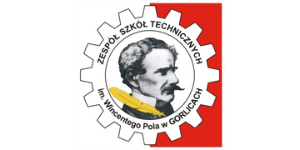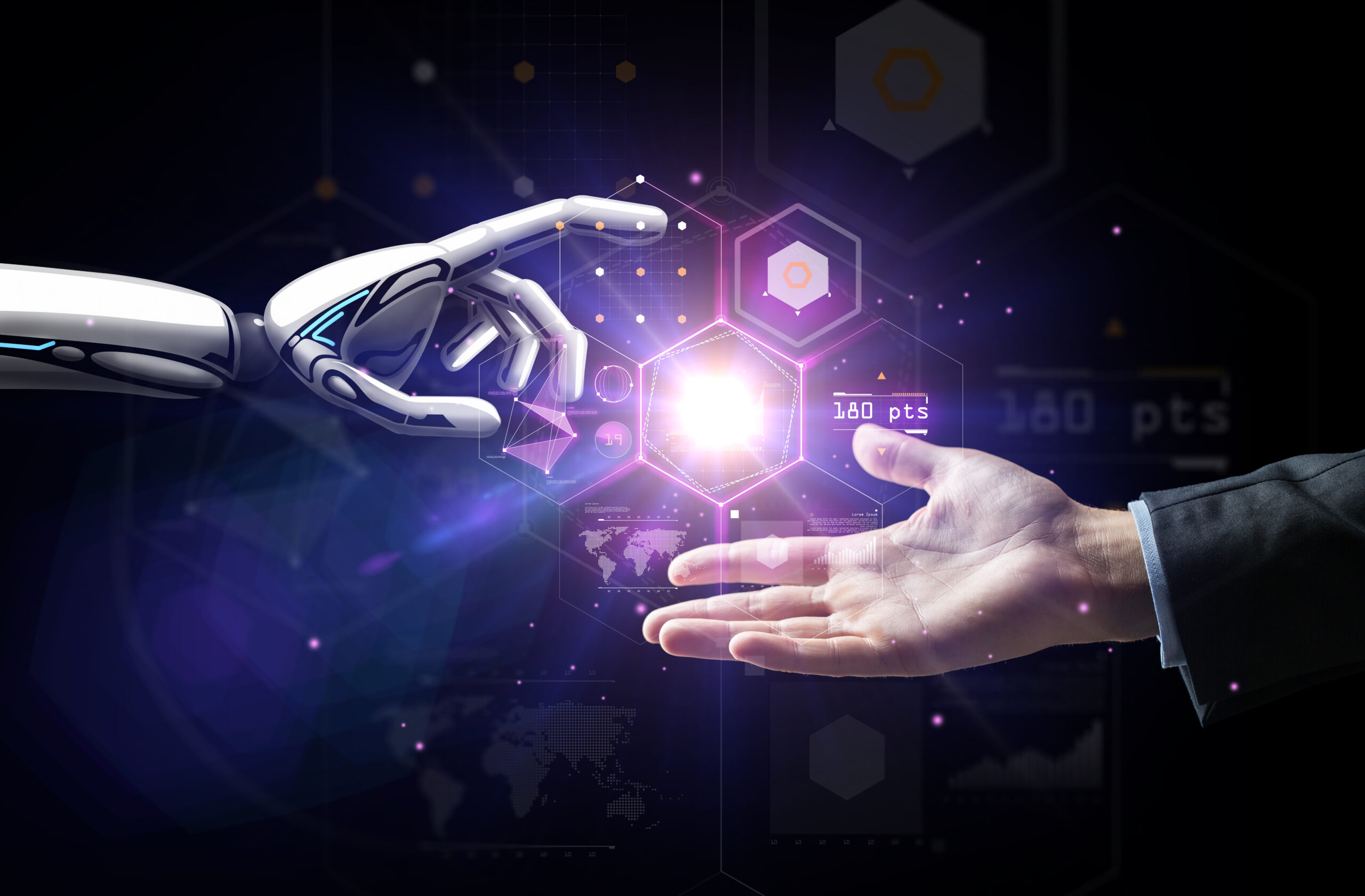Artificial intelligence (AI) has constantly seeped into our personal and professional lives.
We are facing a key period of economic and social transformation, which is largely defined by the emergence and
progressive generalization of the use of robotics and Artificial Intelligence (AI) in the workplace.
After an initial period of uncertainty, in which the fear of the disappearance of jobs that are replaced by robots, is becoming increasingly clear that this irreversible change also provides opportunities and changes in the labour market that must be understood to be seized.
The European Commission published the study THE CHANGING NATURE OF WORK: AND SKILLS IN THE DIGITAL AGE in which the disruptive nature of digital transformation was revealed, not only by modifying the way in which the work is carried out, but in the generation of new professions and in the modification of labour relations in which human beings have to interact with artificial intelligence and robots in a hitherto unknown way.
This new labour context demands from workers the capacity to adapt to new working methods, work organisation and tools.
The profile of employees of the future requires the development of certain competences, including the following:
Emotional intelligence
Teamwork
Adaptability
Critical thinking
Problem solving
BAI project seeks to promote the understanding of the nature and extent of the changing working environments and to develop a training itinerary that allows active and future workers to cope with the new labour relations that arise from the emergence of robots and artificial intelligence at work.








The project has been funded with support from the European Commission. The projects results reflect the view only of the authors, and the Commission cannot be held responsible for any use which may be made of the information contained therein.

